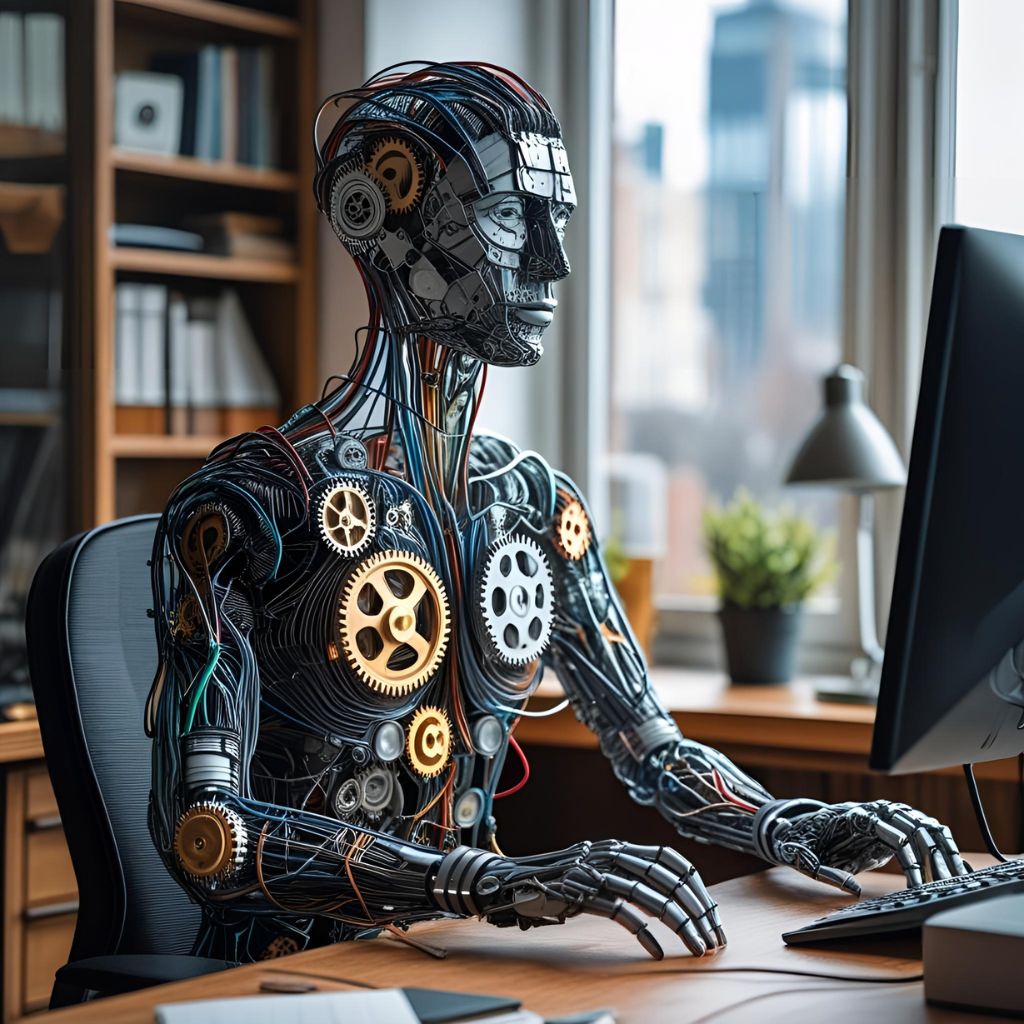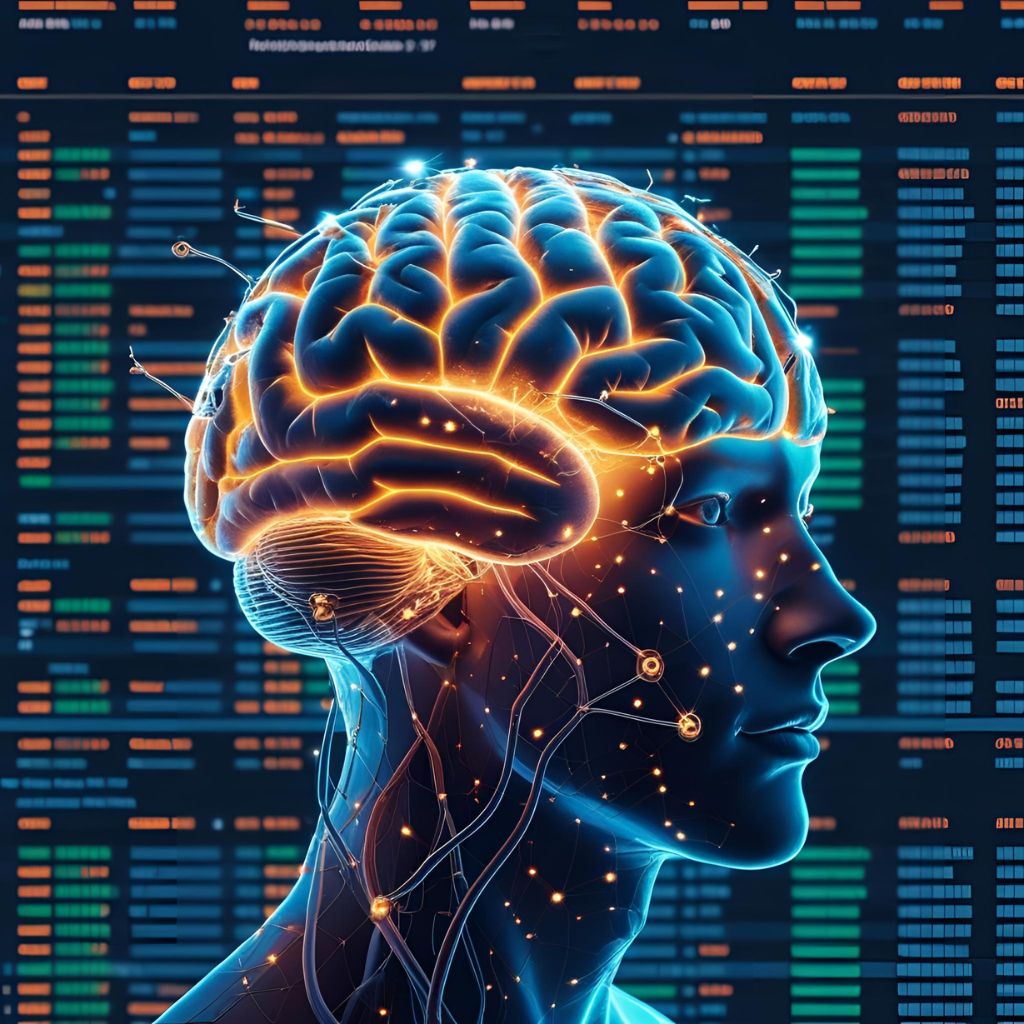Working Like Robots: How Vedic Wisdom Restores Humanity in a Digital Age
Are We Working Like Robots Without Realizing It?

We’ve become efficient. We respond fast, deliver quickly, and stay plugged in. Still, something vital feels missing. More people today report feeling numb, anxious, or detached—despite being more productive than ever.
The problem? We’re working like robots, not living like humans. While technology accelerates, our ability to pause, reflect, and stay connected to meaning has weakened. Vedic wisdom, especially from the Bhagavad Gita, helps us pause and ask: what are we really chasing?
Gita’s Warning: Working Like Robots Without Inner Clarity

In the Bhagavad Gita, Krishna doesn’t reject action. He teaches how to act without losing the self. Bhagavad Gita 3.27 uncovers a powerful insight:
“The spirit soul bewildered by the influence of false ego thinks himself the doer of activities.”
When we tie our identity too closely to performance, we fall into a subtle trap. The modern world encourages this: achievements become measures of self-worth, and any pause feels like failure. This is exactly what working like robots looks like. But Krishna reminds us that action is natural, attachment is optional.
Choosing intention over compulsion isn’t weakness. It’s wisdom.
When Efficiency Replaces Awareness

We optimize every hour, track every step, and schedule every break. But has it helped us live better? Not always. The Gita describes tamasic knowledge in Bhagavad Gita 18.22, as clinging to one outcome while ignoring broader awareness.
Working like robots narrows our focus to results. It overlooks the soul’s need for purpose. Days blur into deadlines. Life shrinks into checklists. When that happens, even rest begins to feel like a task.
Rhythms of the Body Aren’t Robotic

Krishna doesn’t glorify hustle. He teaches balance. In Bhagavad Gita 6.17, he reminds us:
“He who is temperate in his habits of eating, sleeping, working, and recreation can mitigate all material pains.”
Unlike machines, humans thrive on rhythm. Our strength doesn’t come from constant motion, but from regulated habits. The more we ignore our physical and emotional needs, the closer we move toward mechanical living. And the farther we drift from wisdom.
The Mind Needs Mastery, Not Management Tools

Even with the best tech tools, the mind often feels restless. Alerts may help you stay on task, but they don’t build focus. Krishna warns in Bhagavad Gita 6.6:
“For one who has conquered the mind, the mind is the best of friends. But for one who has failed to do so, the mind will remain the greatest enemy.”
Working like robots may keep the body busy, but it leaves the mind untrained. Apps can’t replace introspection. Consciousness needs intentional attention, not just productivity dashboards.
Rediscover Meaning Before Burnout Hits

Here’s what Krishna offers that today’s tech culture can’t: direction from within. In Bhagavad Gita 2.70, he says:
“A person who is not disturbed by the incessant flow of desires… can achieve peace.”
We don’t just suffer from overwork—we suffer from over-desire. The desire to stay ahead, to be liked, to prove worth through output. That’s why working like robots doesn’t just burn energy. It burns essence.
True rest doesn’t come from escape. It comes from remembering who we are beneath all the roles.
You’re Meant to Live Fully, Not Just Work Efficiently
Let’s not confuse motion for meaning. Work is necessary. So is discipline. But without connection to your soul’s purpose, effort alone can’t fulfill you.
Working like robots may get tasks done, but it won’t nourish your inner self. Vedic wisdom doesn’t ask us to abandon progress. It invites us to humanize it, by centering life around dharma, awareness, and intentionality.
And in that realignment, the human experience returns—not as a luxury, but as your true design.
Related Reads You Might Find Helpful:

Recent Comments